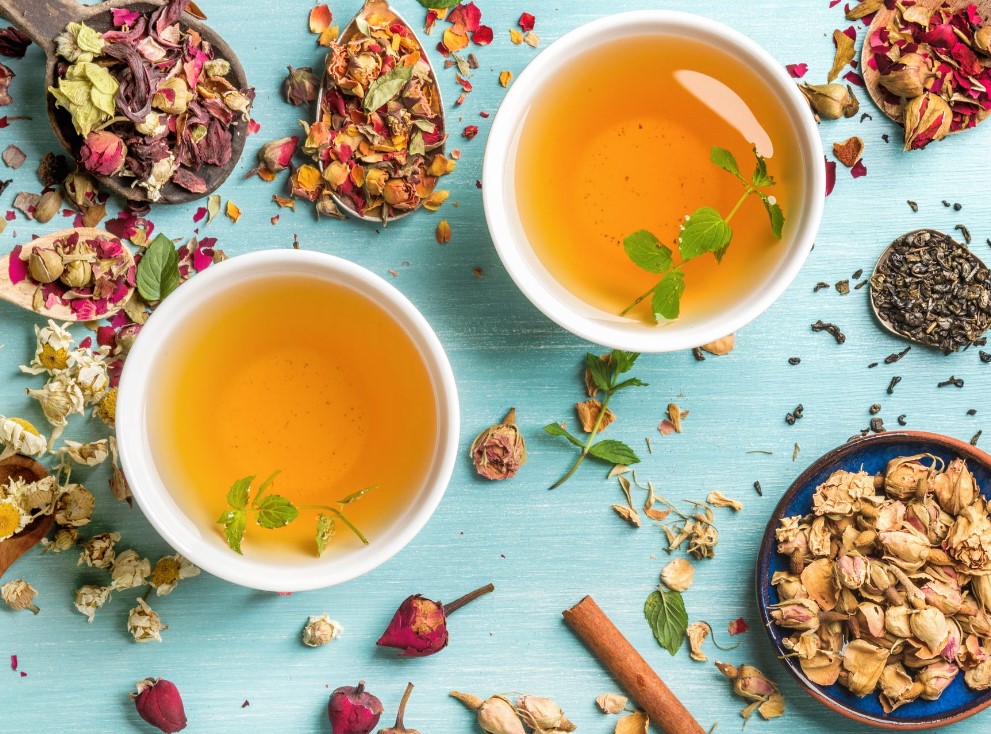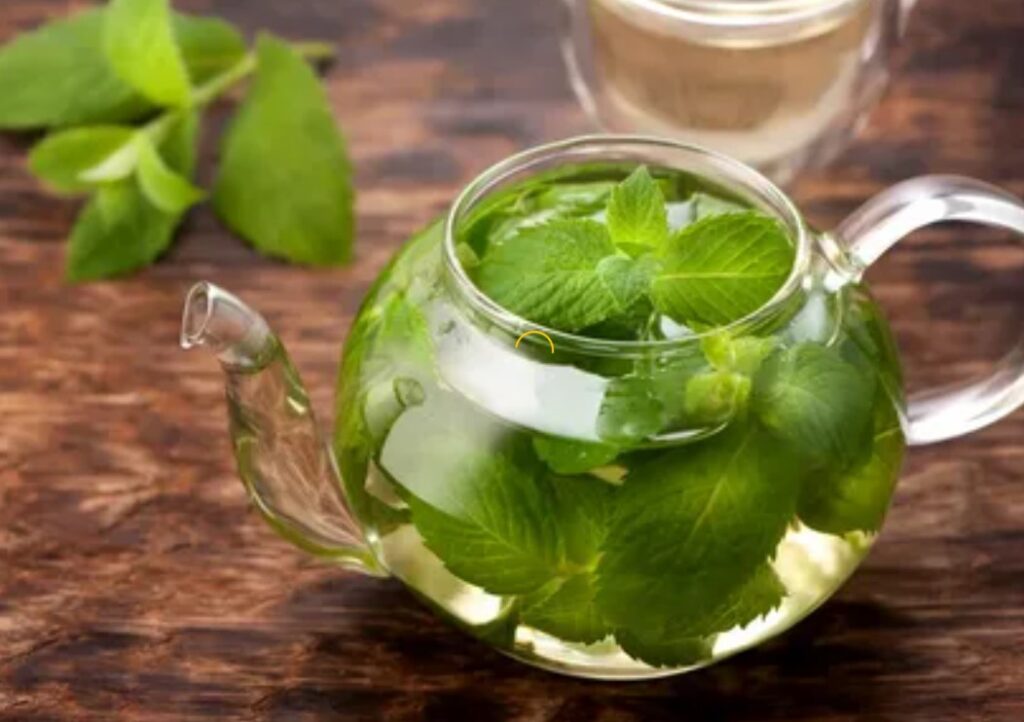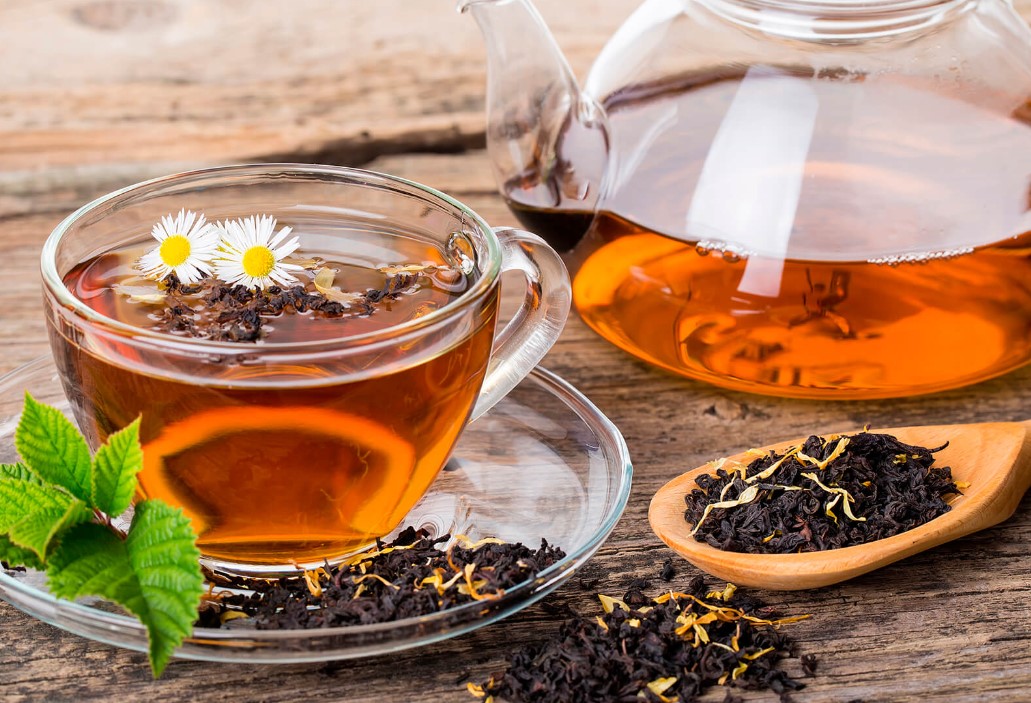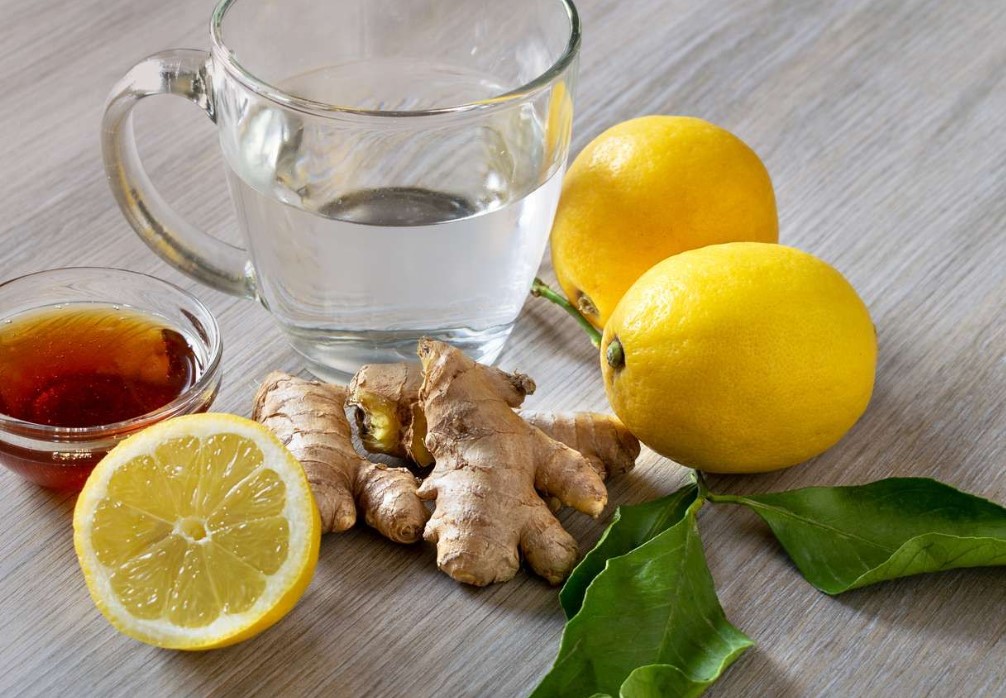What Tea is Safe During Pregnancy? Several teas are safe for drinking while pregnant, including green tea and ginger tea. However, there are some precautions to take when drinking tea during pregnancy. Some brands, even those marketed as organic, can contain ingredients that aren’t recommended for pregnant women. They can include pesticides, lead, and arsenic.
What teas are safe to drink while pregnant?

Herbal teas are a safe drink for pregnant women because they provide nutrients the body needs during pregnancy. Rooibos tea is a popular choice as it contains antioxidants, which are good for the developing baby. Chamomile tea is often used to cure morning sickness, and peppermint tea is said to calm the nervous system and prevent insomnia. Some teas can even help with labor, as red raspberry leaf is said to speed up contractions and tone the uterus muscle.
Tea is safe for pregnant women when consumed in moderation. It contains important nutrients for the baby and can boost the immune system, which is crucial for fighting off diseases. Some teas may contain caffeine, which is why pregnant women are advised to decaffeinate them. Decaffeinating tea is a quick and easy way to remove most of the caffeine from the tea. To decaffeinate tea, steep one cup in water for thirty seconds, then remove it from the water and repeat the process. The result will be a decaf tea.
Although most teas are safe to drink while pregnant, you should limit your intake of herbal teas. It is not recommended to drink more than two cups of herbal tea a day. Herbal teas contain plant chemicals, including polyphenols, which boost the immune system. Be careful not to exceed 200mg of caffeine per day. If you are concerned about caffeine content, try experimenting with different flavours.
Green tea
While there are some concerns about green tea during pregnancy, it is safe to drink up to two cups a day. It is important to check with your doctor before introducing a new food or beverage to your pregnancy diet. It is also important to listen to your body’s signals. Green tea may make you feel sleepy, and can cause an appetite loss, so drink only as much as you feel comfortable.
While it is safe to drink green tea during pregnancy, you should limit its intake during the early stages of pregnancy. Drinking too much can impair the absorption of folic acid, a key vitamin during this stage of pregnancy. This can cause congenital disabilities in the unborn baby. It can also impair the red blood cells’ ability to absorb iron, hampering the supply of oxygen and nutrients to the baby.
Although green tea is safe during pregnancy, a variety of other teas should be avoided. Some teas are potentially harmful to the baby, such as raspberry leaf, which may trigger labour. Also, lemongrass and camomile teas should not be consumed in pregnancy. There are no limits set by the NHS for the amount of green tea a woman can drink during pregnancy, but experts recommend drinking no more than three or four cups a day.
Green tea contains catechins, which are potent plant oxidants that can help protect the baby from toxins. These antioxidants also support the immune system. Green tea is especially beneficial for pregnant women who experience inflammation and swelling. It also has anti-anxiety properties. While green tea contains a low level of caffeine, it can still provide the same amount of energy as coffee.
Ginger tea
If you’re pregnant, you need to be extra careful when choosing what you put in your body, and ginger tea is no exception. While it’s generally considered safe to drink during pregnancy, it should be consumed in small amounts to prevent potential side effects. You should consult your doctor if you have any questions. If you have gastrointestinal problems or nausea, ginger tea may help ease your symptoms.
Ginger has been used for hundreds of years to treat stomach problems, including morning sickness. Its antiemetic effects have been linked to reducing nausea and vomiting, which are common during pregnancy. It can also reduce the symptoms of indigestion and constipation, two other common symptoms. Ginger can also help with these conditions by stimulating the movement of food through the digestive system.
Ginger tea has been shown to relieve morning sickness in pregnant women. The herb also contains plant compounds called gingerols and shogaols, which act on the receptors in the digestive tract and decrease nausea. Gingerols are abundant in fresh ginger, while shogaols are found in dried ginger. Although ginger is widely known for its anti-nausea benefits, it is still important to consult with a doctor before taking any supplements.
Many teas for pregnant women are sold in health food stores and supermarkets. However, the manufacturers of these products promote them as healthy, and often have not conducted clinical studies or regulated the ingredients. Because of this, it’s always best to seek the advice of a medical provider before consuming any herbal tea during pregnancy.
Peppermint tea

It is safe to drink peppermint tea during pregnancy, as it can help alleviate the symptoms of morning sickness, nausea, and dizziness. This herbal tea is caffeine-free, and doctors recommend only a few cups a day. Larger quantities can lead to side effects. Peppermint is safe for use in small amounts during pregnancy, but it is not recommended for use during later stages of pregnancy.
While peppermint is not known to cause miscarriage, some studies have suggested that it can cause preterm labor and excessive bleeding during the first trimester. It is recommended for women who have had a miscarriage to avoid peppermint tea until after the first trimester. Additionally, excessive bleeding could trigger preterm labor. But studies have shown that peppermint is safe to drink during pregnancy and is considered to be better than nonherbal teas.
Another benefit of peppermint tea is that it improves digestion in pregnant women. It is also effective in relieving symptoms of bloating and indigestion. Its carminative properties help relax the stomach muscles and ease cramps, which relieve gas and indigestion. It also helps the digestive system by increasing the production of bile.
While peppermint tea is safe to drink during pregnancy, you should limit its consumption to about one to two cups a day. Using it to treat nausea or vomiting during pregnancy should only be done if you consult a doctor. In addition, peppermint can interact with other herbal medicines and may cause negative side effects.
Black tea
The consumption of black tea is not dangerous for pregnant women. However, it should be consumed in moderation. A pregnant woman should consult her doctor to determine how much black tea is safe for her during her pregnancy. Drinking more than the recommended amount can cause problems in the later stages of pregnancy. It is advisable to limit the amount of black tea to 200 mg per day.
While black tea and green tea are generally safe for consumption during pregnancy, herbal teas like red raspberry leaf may be harmful during the first trimester. Although this tea is said to help tone the uterus and prepare for labor, it should be avoided during the first trimester. However, it is perfectly safe to drink it during the second and third trimester.
The benefits of black tea consumption have been studied for decades. Many researchers believe that the tea contains numerous health benefits and is an excellent antioxidant. However, the safety of tea should not be overlooked, especially when consumed in high dosages. In fact, a proposed study looked at the toxicity of BTE to pregnant rats.
There are many different types of teas that you can drink during pregnancy. Some of these teas are herbal and contain no caffeine. However, you should consult with your provider before you decide on a particular type of tea. You can consult with a naturopath or herbalist to get advice on the best tea for your body type and stage of pregnancy.
White tea
While white tea is considered safe during pregnancy, you should remember to drink it in moderation. It can be harmful to the unborn child if you consume large quantities. You should try to start out with a small cup and see how it affects your body. Also, avoid teas with unknown ingredients.
White tea contains caffeine, though the exact amount depends on the type and the temperature of water used. High levels of caffeine can interfere with sleep and can even cause restlessness or anxiety. In addition, some white teas are contaminated with lead, so be sure to read labels and check with your doctor.
Caffeine is harmful for your unborn child, so be careful not to drink too much of it during pregnancy. It is recommended to limit caffeine intake to 200 milligrams per day. If you’re a regular white tea drinker, you can opt to decaffeinate it to avoid the risk. The process involves steeping the tea in hot water for 30 seconds, draining the water, and repeating it.
While many teas are considered safe for pregnancy, herbal teas have few studies that show their effects on the baby. However, excessive consumption of chamomile or peppermint tea is associated with a high risk of miscarriage. Red raspberry leaf tea is also suspected of stimulating uterine contractions, making it dangerous to drink during pregnancy.


